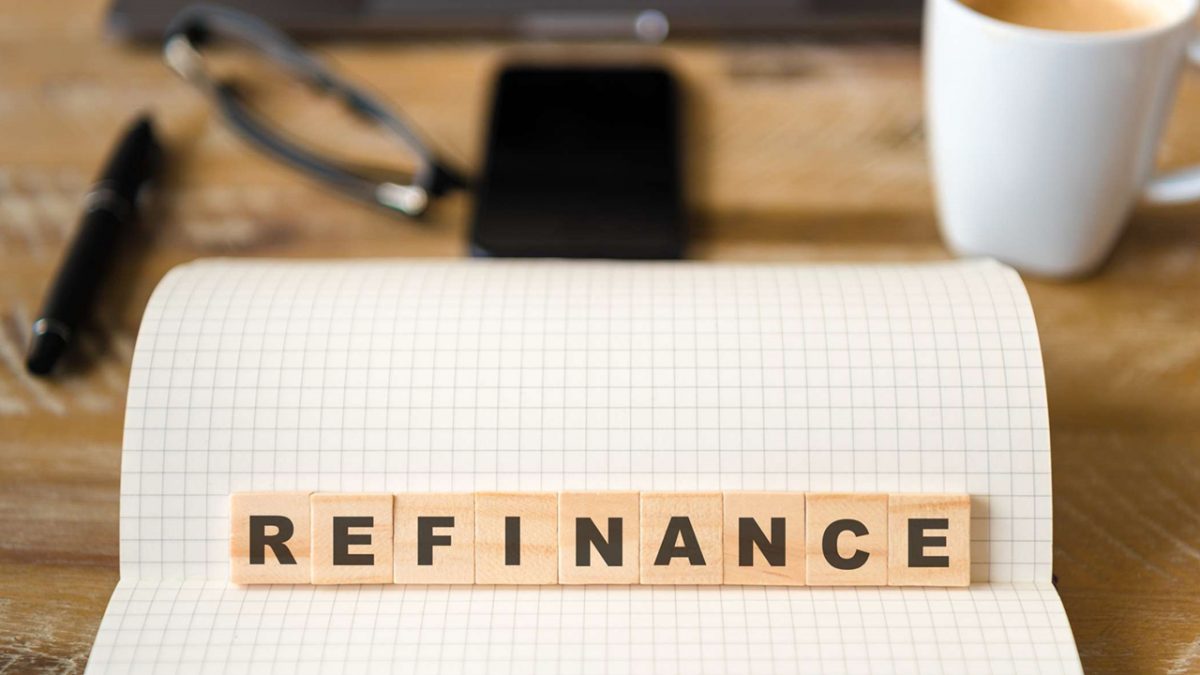Credit cards are a common financial tool that offers convenience, flexibility, and the ability to build credit when used wisely. Understanding how credit cards work and their impact on financial health is crucial for managing personal finances effectively.
How Credit Cards Work
A credit card is a line of credit issued by a bank or financial institution, allowing the cardholder to borrow funds up to a pre-approved limit. Cardholders use the card for purchases, which they then pay back either in full or over time, with interest applied to any outstanding balance.
Benefits of Credit Cards
- Convenience: Credit cards eliminate the need to carry cash and are widely accepted for both in-store and online purchases.
- Rewards and Benefits: Many credit cards offer rewards such as cashback, points, or travel miles for purchases, providing added value to cardholders.
- Emergency Funds: Credit cards can be used as a financial backup during emergencies, providing quick access to funds when needed.
- Purchase Protection: Some credit cards offer protection against theft or damage for items purchased, adding an extra layer of security.
Potential Drawbacks of Credit Cards
- High-Interest Rates: If the balance is not paid in full each month, interest charges can accumulate quickly, leading to significant debt.
- Overspending: The ease of using credit cards can lead to overspending, making it essential to maintain a budget.
- Impact on Credit Scores: Late payments or maxing out credit limits can damage credit scores, affecting future borrowing potential.
Importance of Credit Scores
Credit scores are numerical representations of a person’s creditworthiness, influenced by credit card usage among other factors. Responsible use of credit cards, such as making timely payments and maintaining a low balance, can help build a strong credit score. Conversely, missed payments or excessive debt can lead to lower scores.

Tips for Responsible Credit Card Use
- Pay on Time: Always make payments on or before the due date to avoid late fees and negative impacts on your credit score.
- Pay in Full: Aim to pay off the full balance each month to avoid interest charges and keep debt manageable.
- Monitor Spending: Keep track of purchases to ensure spending remains within your budget and avoid debt accumulation.
- Review Statements Regularly: Regularly check statements for unauthorized charges or errors, addressing any issues promptly.
Common Credit Card Features
- Interest Rates: The annual percentage rate (APR) indicates the cost of borrowing if the balance is not paid in full.
- Credit Limits: The maximum amount available to spend on the card, which should be used responsibly to maintain a healthy credit score.
- Rewards Programs: Incentives such as cashback, points, or miles for specific purchases, encouraging responsible spending.
- Introductory Offers: Some cards offer promotional periods with lower interest rates or bonus rewards for new cardholders.
In summary, credit cards are powerful financial tools that can provide numerous benefits when used effectively. By understanding the basics, recognizing potential pitfalls, and adhering to responsible usage practices, individuals can maximize the advantages of credit cards while safeguarding their financial health.




